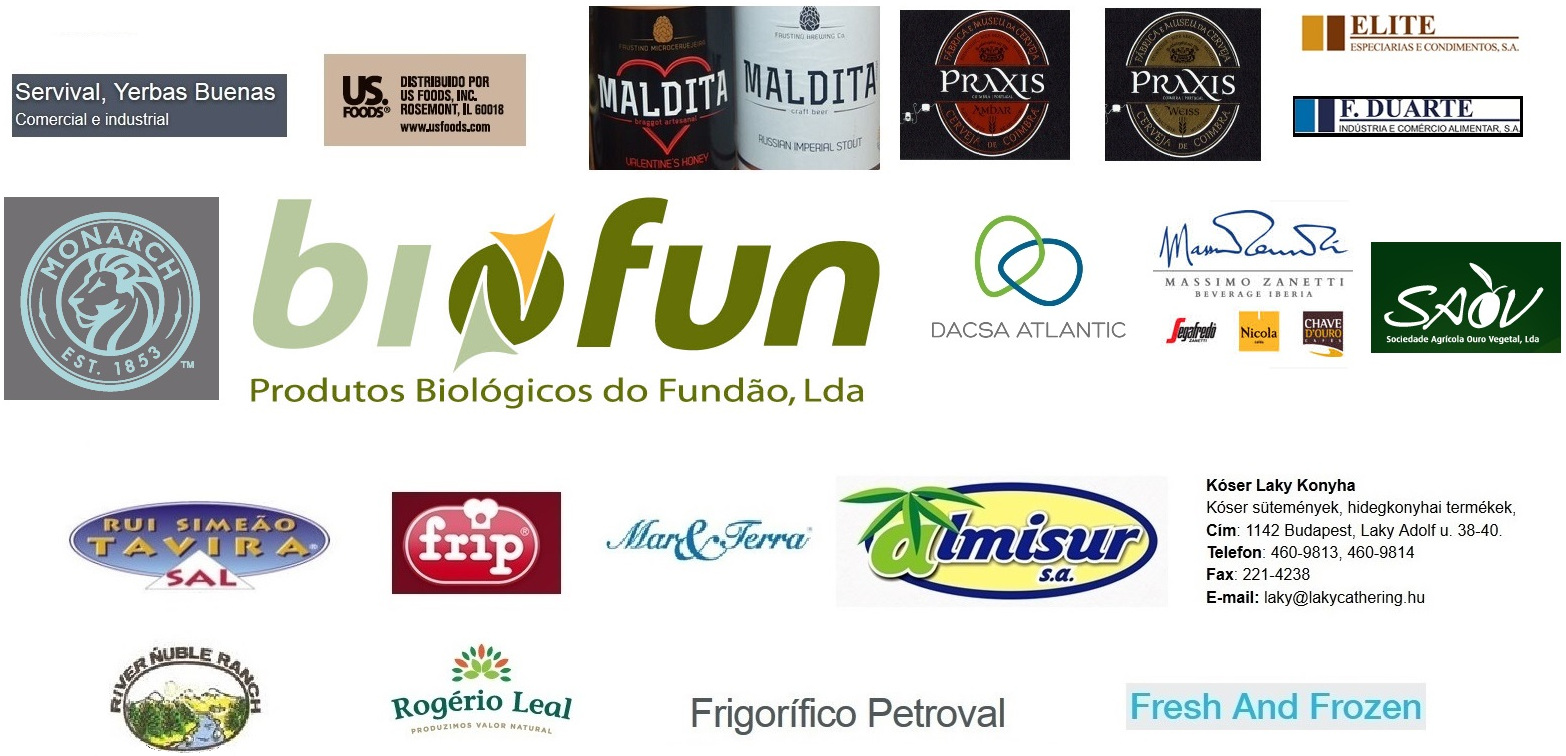WHAT IS KOSHER?
“Kosher” is a Hebrew word that literally means “suitable”, that is to say, suitable for alimentary consumption. For our purposes, Kosher is a set of protocols used in food production, similar to the organic, natural or gluten free food products. It is a program that follows Jewish dietary laws found in the Code of Jewish Law, the Shulchan Aruch in Hebrew, compiled by Rabbis Yosef Caro and Moses Isserles in the late sixteenth century. In turn, these laws are based on over 2000 years of Talmudic analysis, derived from biblical revelation that occurred more than 3500 years ago. This is the basis of the Kashrut laws by which many Jews live. In addition, due to the high quality of the supplementary food supervision involved in the manufacture of a Kosher product, many non-Jews of all other religions and trends of life have chosen to buy kosher products, for example, Islam has requirements fulfilled far beyond the standards of their religious needs by Kosher certifications.
Nevertheless… Kosher is also a powerful marketing tool used by thousands of companies worldwide to enter the US market and obtain commercial participation. After Israel, the United States of America has the biggest Jewish population; according to the 2000 census and according to projections, it is estimated that in 2008 Jewish population would stand at 6.5 million, of whom about 350000 are concentrated in the metropolitan area of Washington/Baltimore. The Jewish population of Baltimore is estimated to be of 241000. In this regard, between 15% and 20% of the US Jewish population are observant people that strictly comply with the laws of the Torah and they simple do not consume products that are not kosher:
- All ingredients must be kosher
- The equipment used for the kosher ingredients will undergo a kosher cleaning in order to produce kosher products
- The facilities will be visited and inspected by a supervisor rabbi of our Organization
- Labels must be properly designed, using the logo corresponding to the certification.
- The supervisor rabbi will have free access to the information required to ensure proper certification.
- Each stage of the process must be 100% supervised.

Food Group
Group
1
Ingredients which do not require a Kosher certification; they are inherently Kosher.
Group
2
Ingredients which are acceptable without a recognized agency logo on their packaging, but which must come from a specific vendor.
Group
3
The largest group of ingredients—those which require verification of Kosher status by way of the presence of a proprietary logo of an acceptable Kosher certification agency. Without this logo, the product is considered non- Kosher certified
Group
4
Bulk items transferred by means of transport, for example, car, trailer, or in a barrel, etc. There is also Group 6 including non-kosher ingredients
STEPS FOR PRODUCING KOSHER PRODUCTS
- Initial Inspection – Feasibility study. The inspector submits its report to the Chief Rabbi office.
- Ingredients analysis with the data provided by the applicant company
- Creating a kosher program including the list of ingredients and production processes for the kosher products
- Generating a certification contract between the applicant and Taam Kosher Company.
- Generating the Kosher Certificate.
- Welcome to the Kosher Market!.
CONSIDERATIONS
Many raw materials are inherently kosher and do not require certification for use in kosher food production, for instance, sugar, salt and others.
Nevertheless, there are ingredients that do require a proper certification in order to be used in kosher food production, for instance: flavorings, preservatives, colorings, etc.
Meat, fish, cheese and wine are sensitive products for kosher certification; therefore the process must be monitored in order to obtain a certification.
Consumers Kosher
Not only Orthodox Jews must be consider as kosher consumers, but also the vast majority of Seventh Day Adventists, Muslims, Buddhists, other Christian groups and atheists that coincide in the same basic eating habits. Currently, more than 10 million people in the US market acquire about 60 thousand kosher products, produced by approximately 10 thousand different companies. Only 2 million of kosher consumers are Jews. The other 8 million consumers are people who choose to eat kosher for religious reasons (Muslims, for instance), life style (Vegetarians) and health (for example, people who suffer from lactose intolerant). All this leads to the fact that today food producers do not want to be left out of such an important part of this market. The Agriculture Department of the State of New York has a division for “Kosher Marketing” given the growing interest in the industry of kosher products. According to the agency reports, the kosher market in the US sells about 50 billion dollars annually, including four million dollars of international purchases. The sales of Kosher processed food, meat, dairy and fish (excluding the inherently kosher products such as fruits and vegetables), reached $12.5 million in 2008. The figures are even more impressive when the same study indicates that the kosher market is one of the fastest growing ones at a rate equivalent to 12.5% annually.


